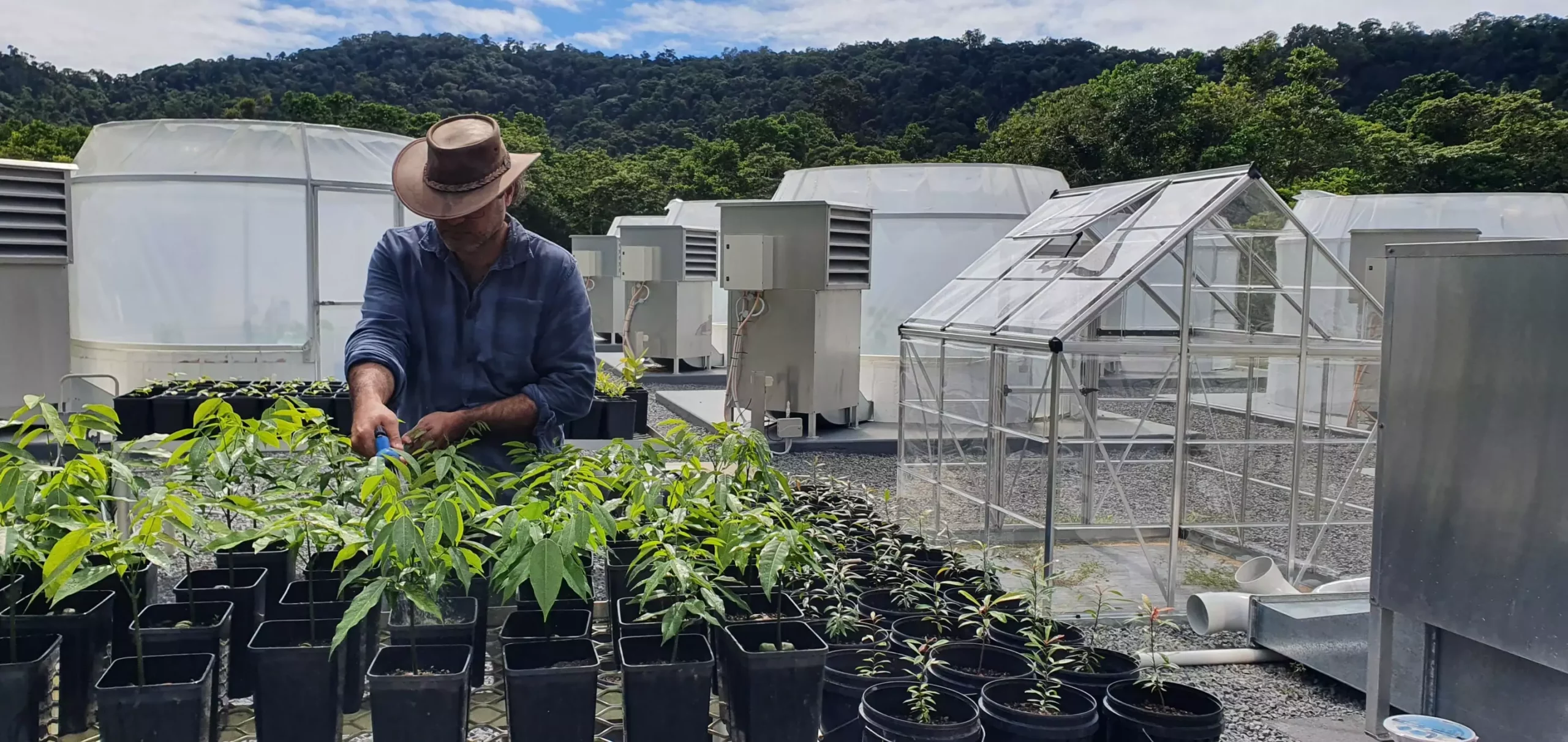Research has unveiled a worrying connection between ground-level ozone and the health of tropical forests, known for their crucial role in carbon sequestration. This gas, not to be confused with its protective stratospheric counterpart, emerges from pollutants associated with human activity, intensified by sunlight. The implications of elevated ozone levels are substantial; they hinder the ability of trees to absorb carbon dioxide, a process essential for maintaining the balance of our atmosphere. Experts estimate that this interference results in the loss of approximately 290 million tonnes of carbon capture each year, illustrating the urgent need to address air quality concerns.
Tropical forests are often hailed as the lungs of our planet, acting as significant carbon sinks that consume vast quantities of CO2. These ecosystems not only provide habitat for countless species but also regulate local and global climates. According to a recent study published in the esteemed journal *Nature Geoscience*, the capacity for new growth within these forests is compromised by 5.1% on average due to the effects of ozone. In some regions, such as Asia, this decline is even more pronounced, hitting a staggering 10.9%. This trend poses a serious threat to global efforts aimed at mitigating climate change, as it diminishes the forests’ ability to counteract greenhouse gas emissions.
Dr. Alexander Cheesman, one of the co-lead authors of the study, highlights the critical position that tropical forests hold in curbing carbon emissions. The research was comprehensive, employing experiments that examined how various tree species react to ozone exposure. By integrating these findings into a global vegetation model, the study underscores the delicate balance that must be maintained to ensure the health of these ecosystems. The modeled predictions indicate a troubling rise in ozone concentrations, catalyzed by urbanization, industrial activities, and fossil fuel consumption.
The implications of rising ground-level ozone extend beyond immediate environmental concerns; they challenge future conservation endeavors. Areas earmarked for reforestation and forest restoration are shown to be disproportionately affected by ozone pollution. This creates a double bind where the very places essential for climate change mitigation are threatened. Dr. Flossie Brown, another co-lead author of the study, emphasizes the need for robust policy measures to combat the emissions that contribute to ozone formation.
As the research indicates, addressing ozone pollution will play a pivotal role in revitalizing our tropical forests and sustaining their carbon-capturing abilities. Strategies must include stringent air quality regulations, innovative urban planning, and global cooperation to manage emissions effectively. Without these concerted efforts, we risk not only further deterioration of these vital ecosystems but also the overarching goal of combating climate change. Understanding and mitigating the impact of ground-level ozone is crucial for the health of our planet and future generations.

